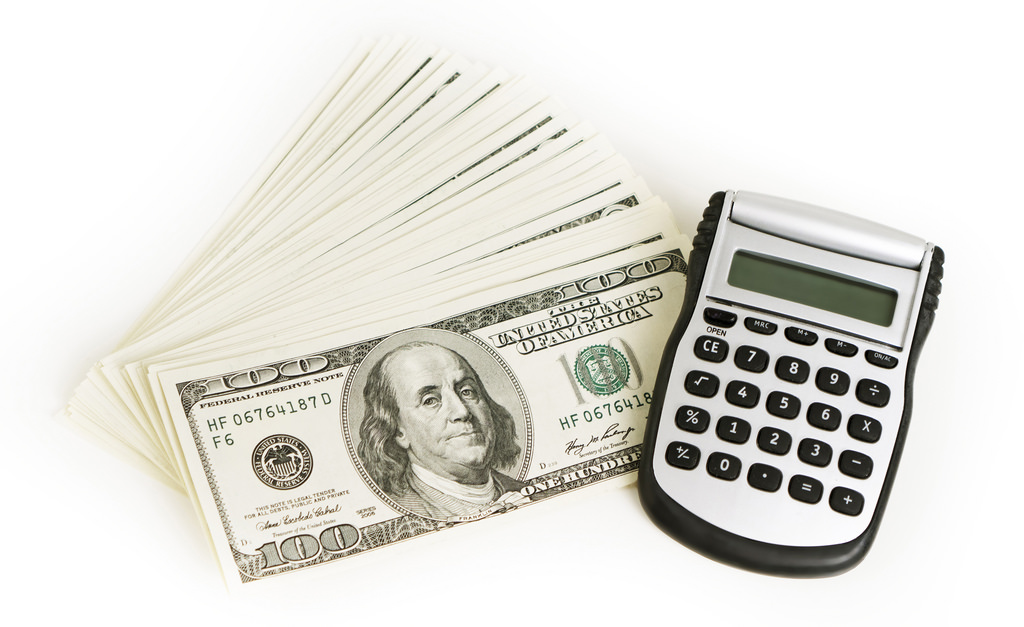For travelers and homebodies alike, losing track of personal finances is particularly easy. Managing your finances is important no matter what age group you fall under, but is especially important when you are just starting out in life. Most people don’t have a meaningful way of managing their finances or preparing them for the future and it ends up hurting them in the long run.
The most significant aspect to developing financial security is setting financial goals. You need to know what you are saving for, whether it be for short-term goals like a house or a new car, or for long-term goals like retirement or your kids’ college tuitions. Believe it or not, these are things you need to be thinking about early on in your career. If you are adding small amounts to things like a retirement account from when you first start earning, it will soon build up. If you would like to know how much you can contribute to a Traditional, Roth, and SEP IRA account with retirement in mind, this ROTH IRA calculator will help. There are a few important and simple steps that everyone can make to start taking control of their personal finances.
Budget: What’s That?
Creating a budget is probably one of the most overlooked aspect of personal finances. Preparing a detailed budget allows you to plan for your financial goals and prepare for what it will take to achieve them. Simply put, a budget is a breakdown of all your expenses versus the amount of income expected for a given period of time. Ideally you will want a budget that has a surplus or extra cash after meeting all expenses, which you can use for investing, saving, or having fun.
The best way to create a budget is on a monthly basis. Add up all your living expenses such as mortgage, utilities, electric, internet, car payments, insurance, credit cards, student loans and any other payments that you have to make every month. Compare this number to your monthly income, and look at what you have left over. This will breakdown your finances and give you a better understanding of how you should spend your hard-earned money.
Once all your expenses are accounted for and your budget takes shape, you should then look at what the best options are for that extra cash that’s burning a hole in your pocket.
Taking Control of Your Debt
Debt is part of your monthly expenses, but there are strategies to paying off debt effectively. In order to get yourself in a solid financial situation, you need to pay off higher interest credit cards and private student loans because the interest rates they charge are higher and will take longer to pay off if you’re just meeting the minimum payment each month.
If you are paying off credit cards by just meeting the minimum monthly payments, it can take forever when more than half of those payments are going straight to interest charges. That is why it is so important to pay as much as you can versus just the monthly minimum. This will not only reduce your monthly interest charges as you pay the debt down, but it will also look good on your credit reports.
Reducing high interest debt is a great first step in taking control of your personal finances, but too often people, especially when they are younger, forget to set money aside for their savings as well.
The Power Of Saving
Saving can be hard because, let’s face it, we like to have fun and buy things we don’t need. However, there are some serious consequences for not saving and not having an emergency fund. What would you do if you have a serious health issue that leaves you with thousands of dollars in medical bills? What if you are suddenly let go from your job but you still have all your monthly expenses to meet? Would you have enough money set aside to contribute to these payments? Most people don’t think about these kinds of unplanned situations, so it is important to expect the unexpected so that you aren’t haunted by these events financially.
Having an emergency fund for the unexpected is not only financially responsible, but will also give you peace of mind. But then the question is, how much do you need in your emergency fund? A good rule of thumb is to have at least three months of expenses totally covered. This may not cover everything in the end, especially if you have a serious medical condition, but having at least something saved is better than nothing!
Once you have your emergency fund taken care of, you can look at building a savings. As a young professional, you have one major advantage on your side and that’s time. When you put money in a savings/investment account, you can take advantage of compounding interest, which means your money makes more money for you over time. Since you’re young and have plenty of time, it can add up to a lot. Even if you are only putting away a little bit each month, it will add up over the years and leave you sitting on a healthy nest egg.
Final Thought
Taking control of your personal finances takes discipline, but taking just a few simple steps can put you in a better financial situation. It’s not only responsible, it’s a smarter way to live life that will pay dividends over the long run.
Ross Cameron is a full-time day trader and owner of Warrior Trading which he founded in 2012 as a live trading chat room emphasizing education and idea generation. In 2014, he began teaching day trading classes, taking a break in 2015 to write a best-selling book How to Day Trade, which can be found at Amazon, Barnes & Noble, and other booksellers. Trading penny stocks allows Ross to travel and bring his work with him. Today he continues to trade in his chat room and teach trading courses, and lives with his family in Vermont.












